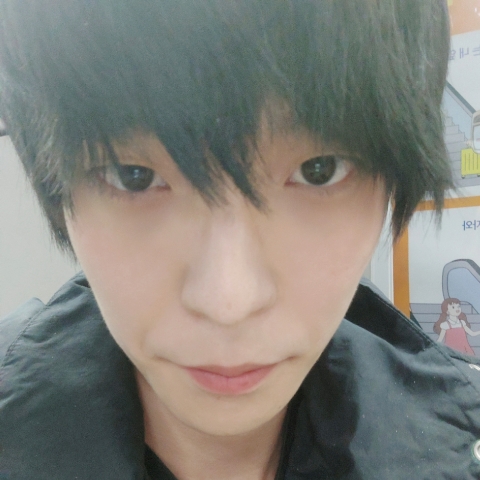This post discusses 은/는 and 이/가 from a cultural and linguistic
perspective.A 2016 analysis of articles from ten major Korean newspapers found that 은/는 appeared around 6.5 million times, and 이/가 around 5.8 million times. This highlights just how fundamental they are in Korean sentence structure.
To better understand their use, it helps to know that Korean is both a topic-prominent and subject-prominent language ,and more importantly, a situation-centered, high-context language. In contrast, English is generally a person-centered, low-context language.
Let’s look at some comparisons between Korean and English:
머리가 아프다 → I have a headache
작년에 눈이 많이 왔다 → We got a lot of snow last year
그 책은 재미있었다 → I found the book interesting
In Korean, the focus often lies in describing the situation itself, rather than emphasizing who is performing the action. This is where the roles of 은/는 and 이/가 become clearer:
• 은/는 introduces a topic—a shared frame of reference between speaker and listener—and shifts focus to the comment or situation (given information).
• 이/가 on the other hand, introduces new information, emphasizes the subject, or clarifies the focus of the sentence.
However, this distinction becomes more nuanced in so-called double-subject constructions, such as:
나는 머리가 아프다.
At first glance, it looks like there are two subjects: I and my head. But a better way to understand it is as:
[나는] [머리가] [아프다]
Here, 나는 introduces the speaker as the topic—“I’m talking about myself”—while 머리가 is the actual subject experiencing the condition, and "머리" is being described by the descriptive verb 아프다.
This reflects a key feature of Korean pragmatics: the use of the topic-comment structure to establish common ground. For example, saying “저는” sets up a shared conversational frame between the speaker and the listener (i.e., a sense of togetherness or collectivism).
Download the HelloTalk app to join the conversation.
 Download
Download







